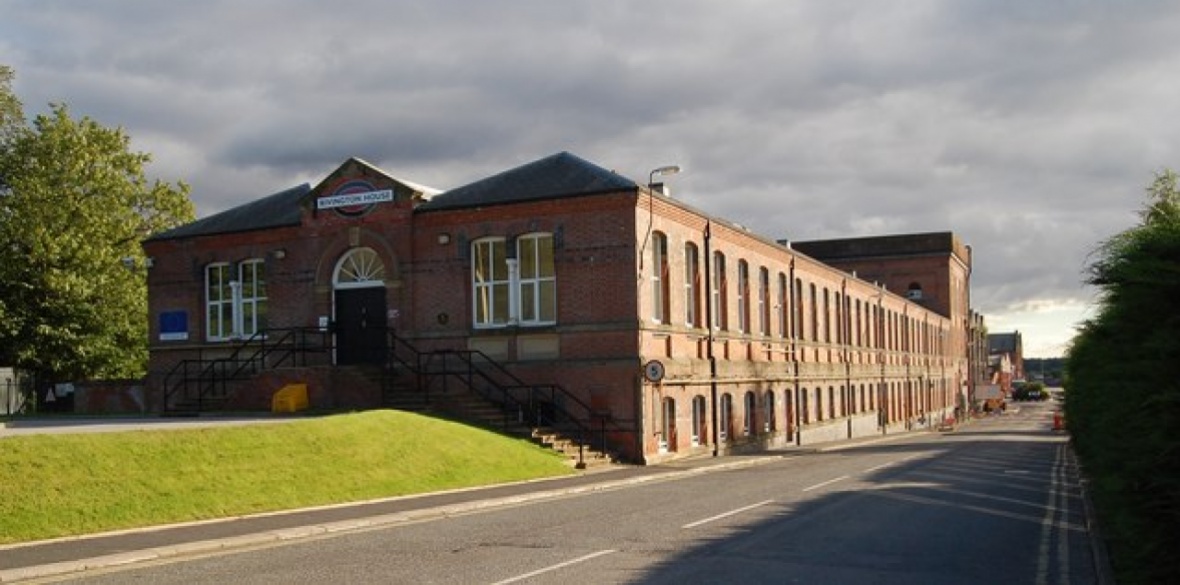This is the last article you can read this month
You can read more article this month
You can read more articles this month
Sorry your limit is up for this month
Reset on:
Please help support the Morning Star by subscribing here
THE KEY weakness of The Works lies in the all too obvious fact that it is Paul Salveson’s apologia for his journey from being a member of the Communist Party of Great Britain (CPGB) to a recent recipient of an MBE.

Whether by steam, diesel or green technology, he has travelled a long way from his political roots and clearly has a conscience that needs pacifying.
Though a work of fiction, within the book’s semi-autobiographical structure the author not only seeks to belittle those members of the CPGB who stood against the corrosive and ultimately failed Eurocommunist wing of the party, he also attempts to construct an alternative history of the Horwich Loco Works.
Based near Bolton, it was a major locomotive and rolling-stock construction and repair facility which closed in the 1980s. But The Works, in looking back from 2025, presents a sequence of events that exist so distant from the possibilities presented by the capitalist establishment from the 1980s onwards, that it mutates into a mere flight of the author’s own fancy.
The political score-settling is merely tiresome and the one member of the CPGB who has the temerity to remind the local party meeting of Lenin’s fundamental reservations about co-operatives under capitalism is quickly isolated and ignored.
But the reimagined outcomes following the closure — expressed in the setting up of a workers’ co-operative tacitly backed by senior civil servants, the local Tory MP and all manner of railway enthusiasts with cash to burn — stretches credulity.
And, at one level, The Works reads like a first draft of an Ealing comedy script, with some cracking social observation undermined by a sickly romanticism.
The book’s protagonist David Horrocks has left university early and joins the Horwich Works as a shopman and where Salveson is at his strongest is in describing the day-to-day routines of the factory and the solidarity between the different departments as the works are earmarked for closure.
Salveson very movingly describes the parallel and growing personal and political relationship between Horrrocks and Midge Wrightson, a union activist in the typing pool who grows into a key force in the establishment of the co-operative itself and the wider socialist movement.
Written in an unapologetic Lancashire dialect and accompanied by historic photos of the works, the novel is an important record of working-class lives. But its rewriting of history is a disappointment.
Published by Lancashire Loominary, £12.99.











